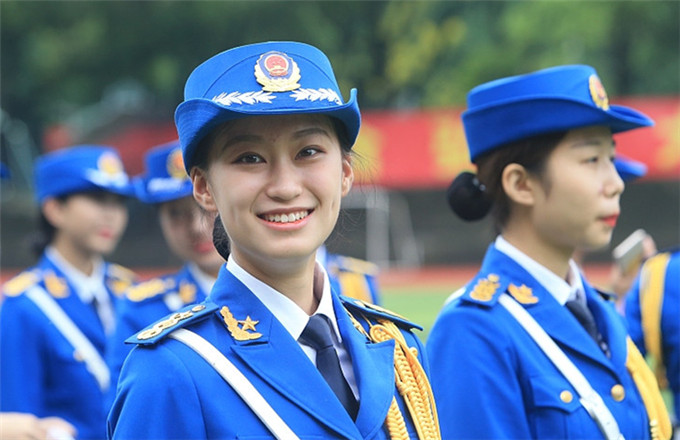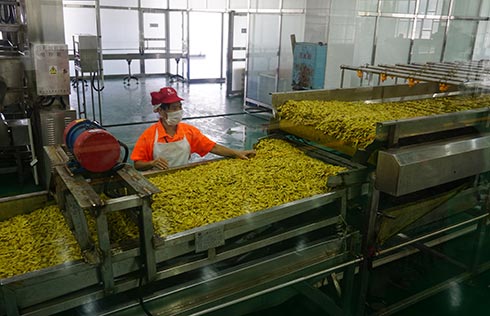Country is trying to bolster IPR laws
The top official in charge of intellectual property rights has called for more objective and honest evaluation of China's efforts in protecting IPR from other countries.
"China will take more rigorous measures to protect IPR... but developed countries such as the United States should also give fair evaluation to China's IPR protection achievements instead of using IPR as an excuse to launch trade protection," said Shen Changyu, commissioner of the State Intellectual Property Office.
He made the remarks in a written interview with China Daily about China's current IPR protection and future work plans.
The US initiated a Section 301 investigation into so-called Chinese intellectual property theft in August, a move that has raised deep concerns that it might sabotage China-US trade ties.
Shen said that in the past five years, China has launched a series of policies on IPR protection, updated laws and regulations and severely punished violations.
"IPR protection has gradually become a common awareness of the whole society," he said.
The office received 21,600 Patent Cooperation Treaty applications in the first half of this year, a year-on-year increase of 16 percent. Among them, 1,600 applications were from abroad, an increase of 26 percent, Shen said.
Data from the World Intellectual Property Organization show that 43,168 Patent Cooperation Treaty applications were filed from China in 2016, the third-highest worldwide-a sign of the importance China attaches to patent protection in overseas markets.
"China is not a country of copycats as in stereotypes, but is emerging as a global IPR leader," Shen said.
Before 1984, China did not have any patent law. But in 2015, China's patent office received a record 1 million applications, the most reported in any country in a single year.
"China has spent 30 years to build an IPR system, which took Western developed countries more than a century in terms of improving laws and regulations," he said.
Despite the achievements, Shen acknowledged that China's IPR protection still faces challenges.
"Because of the short history of the IPR system, imbalanced development in different regions and emerging new technologies, China is facing challenges in this sector like many developed countries do," he said.
For example, in some regions it might take a long time and cost a lot to obtain evidence for IPR infringement cases, but the compensation is low, he said.
To tackle that, "China will continue to update and strengthen IPR legislation and enforcement," he said.
Shen also said there should be a broader work mechanism covering patent, trademark and copyright. "IPR protection needs integrated efforts," he said.
Right now, China has different government departments to manage patent, trademark and copyright issues, but in many other countries, these sectors are managed by one agency.
"From the perspective of administrative management, one department to manage patent, trademark and copyright fits the rule for IPR protection, streamlining procedures such as patent review and authorization," said Li Mingde, director of the Intellectual Property Center at the Chinese Academy of Social Sciences.
A company has to go to different administrations to file patents and trademarks at present. If the departments integrate, it will make it simple for rights owners, Li said.
Shen said the rise of new technology, such as the internet, big data and cloud computing, also brings new challenges to IPR protection.
"How to strengthen IPR protection in a digital age is a global issue, and China will continue to work on it," he said.





















